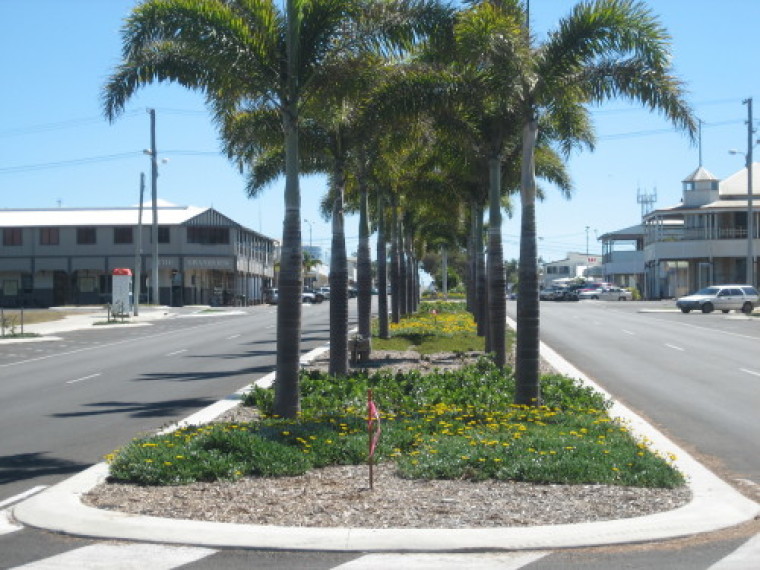
In his view, millions of Australians follow the ethical and religious perceptions of a "Christian Australia" while they would reject a political "Christian Australia."
Mark Tronson noted that the mainstream denominations were listed, but not such respected Christian groups such as the Salvation Army. Nonetheless, there was a place to mark "other" and write what that "other" is. From what he has been told, many Christians who attend Pentecostal churches were advised by their church leaders to write "Christian".
What might it mean, he asks, to have a nation that has a majority of its population as "Christian".
Mark Tronson was recently sent a USA Today graph of American religious affiliation.
From this graph, 52% of Americans are Protestants of one kind or another, 24% are Roman Catholics. That makes a whacking 76% of Americans with Christian heritage.
The last Australian Census (2006) showed a slightly different set of figures, Protestants of one kind or another represented just over 38% while the Roman Catholics 24%, a total of 62% (at least of those who answered the religious affiliation question).
In this sense the majority of Australians are pleased to acknowledge a Christian affiliation of some kind, but the Census figures to not demonstrate the number of Australians who regularly attend a Christian worship service or some associated mid-week church run or mission linked function.
For those types of figures one needs to research the Christian Lifestyle Surveys and these reveal very different figures as they ask questions of those who actually attend Christian worship.
Mark Tronson was recently on a planned rest period at the Basil Sellers Laguna Quays Respite facility and was chatting to one of the locals who said that he regularly attends church. By that term, he meant, every Easter and Christmas, regular as "clock work". This chap is like thousands upon thousands of other Australians.
Therefore Mark Tronson asks, what can we, as a nation, glean from such religious affiliation statistics offered in a Census - which bear little resemblance to those who actually "attend" Christian worship or some kind of Christian function?
He suggests three things that might be useful to those who use the statistics to help our society function in a more appropriate way:
It provides denominational planners rudimentary figures in "church planting" and "service provision", giving indications of where such facilities as schools and retirement villages might be needed. This is important in relation to where resources might be directed.
It provides national, state and local governments a broad picture of the nation's religious affiliations, not least in relation to the sociological desires of particular groups. The Sydney Hills district for example, is what's known as the city's Bible Belt.
It provides the marketplace with helpful raw data in relation to housing, light and heavy industry, transport needs and such life. The raw data is quite revealing to the market place.
Is there a "Christian Australia"?
The Census does not tell us that. However, during the past two election campaigns, which were close and the politicians were trying to muster as many votes as possible, and whose advisers are expert at judging what the populace wants to hear, Mark Tronson noted that candidates from all political parties took pains to make sure they were aligning themselves with the Christian communities in their local areas.
